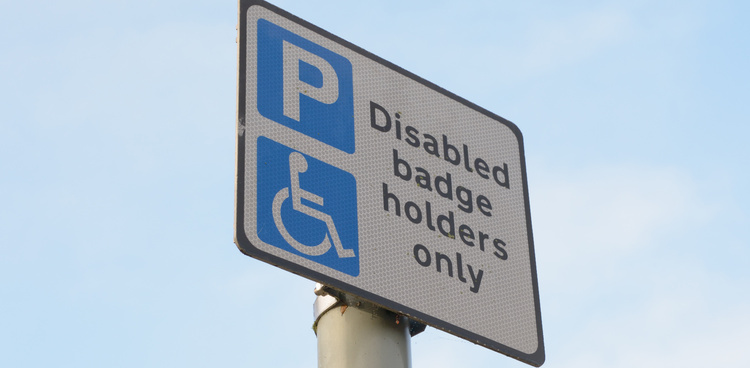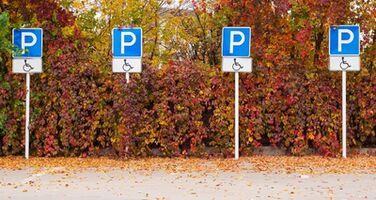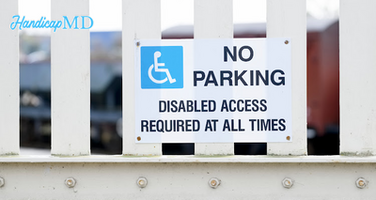
The Impact of Handicap Placard Abuse and How to Report it in Kansas
Introduction
Handicap passes are a crucial resource for individuals with disabilities in Kansas. These passes are designed to provide convenient parking spaces and ease of access to facilities for those who need them the most. However, the abuse of disability passes is a growing concern, undermining the accessibility and fairness of this system. In this comprehensive guide, we will delve into the impact of handicap placard abuse in Kansas and provide valuable insights on how to report it effectively.
Understanding Handicap Placard Abuse
Handicap placard abuse refers to the unauthorized use of disability parking permits or passes. It occurs when individuals who are not disabled use these handicap permits to park in reserved spaces, depriving those with legitimate needs of the convenience they require.
The Consequences of Abuse
Disability pass abuse can have serious consequences:
- Limited Accessibility: Genuine disabled individuals may be unable to find suitable parking spaces, hindering their ability to access essential services and facilities.
- Frustration and Inconvenience: The abuse of passes can lead to frustration and inconvenience for disabled individuals, who already face numerous challenges.
- Legal Penalties: Abusing handicap placards is illegal in many states, including KS. Offenders may face fines, penalties, or even legal action.
Identifying Handicap Placard Abuse
Recognizing Unauthorized Use
To combat placard abuse, it's essential to know how to identify unauthorized use:
- Expired Placards: Check for placards that are past their expiration date. Remember, it's important to renew your permit before it expires to continue enjoying the benefits.
- Incorrect Display: Look for placards displayed by individuals who do not appear to have a disability.
- Inconsistent Information: Pay attention to placards with incorrect or inconsistent information, such as misspelled names or mismatched photos.
Documenting the Offense
When you encounter a potential case of permit abuse, it's crucial to document it:
- Take Photos: Discreetly take photos or videos of the vehicle and permit in question.
- Note Details: Record the date, time, and location of the incident.
- Observe Behavior: Make observations about the individual using the permit, such as their mobility and actions.
Reporting Handicap Placard Abuse
Reporting abuse is a civic duty that helps maintain accessibility for those who truly need it.
Contact Local Authorities
In KS, you can report placard abuse to local authorities, such as the police or parking enforcement agencies. Provide them with all the information you have gathered, including photos and details.
Use Online Reporting Systems
Many cities and states offer online reporting systems for placard abuse. These platforms make it convenient to report incidents and provide evidence.
Contact Disability Advocacy Groups
You can also reach out to disability advocacy groups in Kansas. They may have resources and guidance on how to report abuse effectively.
FAQs (Frequently Asked Questions)
Q: What is a disability permit?
A handicap permit is a special parking permit that allows individuals with disabilities to park in designated accessible parking spaces.
Q: How can I tell if a permit is being abused?
Look for signs such as an expired permit, incorrect display, or inconsistent information on the permit.
Q: Is permit abuse illegal in KS?
Yes, using a disability permit fraudulently is illegal in Kansas and can result in penalties.
Q: What should I do if I witness permit abuse?
Document the incident with photos and details, then report it to local authorities or online reporting systems.
Q: Can I report permit abuse anonymously?
Yes, many reporting systems allow you to submit reports anonymously to protect your identity.
Q: How can I support accessibility for disabled individuals in Kansas?
Support organizations and initiatives that advocate for the rights and accessibility of disabled individuals.
Conclusion
Addressing handicap placard abuse in Kansas is vital for ensuring that those with disabilities have equal access to services and facilities. By understanding the impact of abuse, knowing how to identify it, and reporting incidents, we can collectively work towards a more accessible and inclusive community.
.png)






